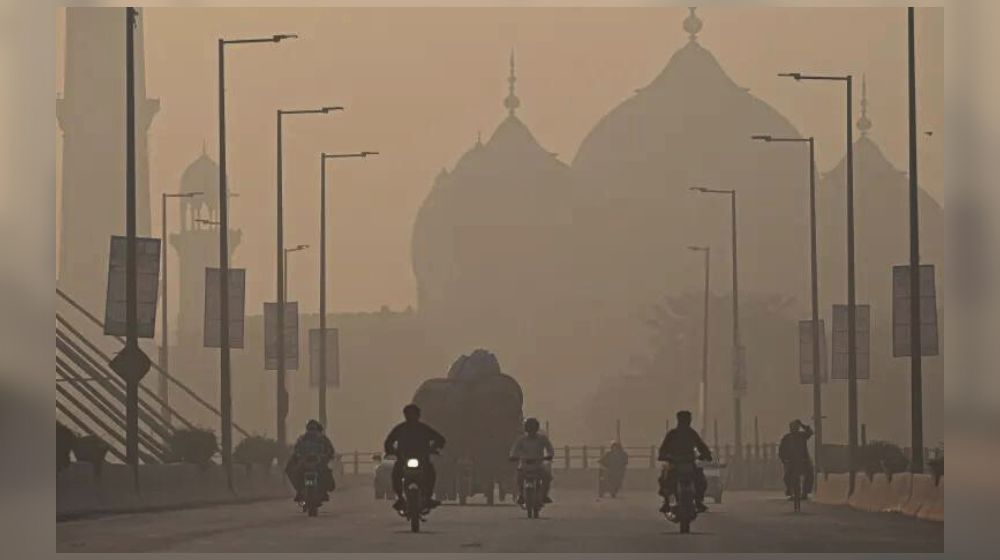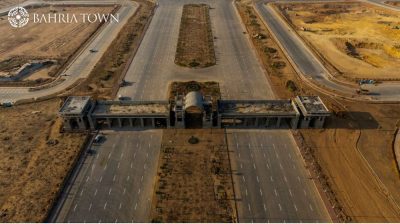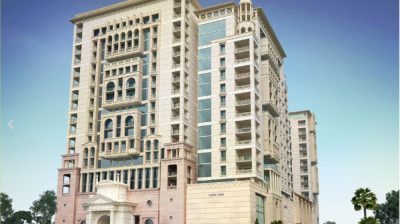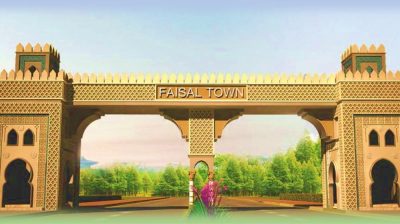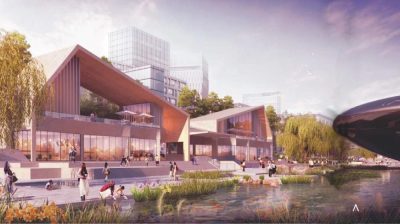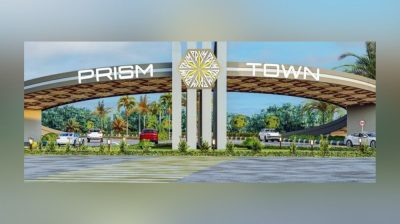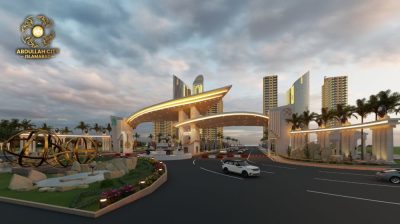LAHORE: The Lahore Development Authority (LDA) officers’ lack of interest and coordination with provincial departments are causing delays in finalizing the Master Plan 2050 for the provincial capital, according to urban development experts.
They stated that the current plan lacks a legal framework for critical issues such as transportation, pollution control, health, education, and conservation of agricultural land.
Furthermore, they also expressed concerns that the plan might not align with the ground realities of the city.
LDA Director General Muhammad Ali Randhawa refuted these claims, stating that the master plan had been prepared while keeping in mind the current and future needs of the citizens.
He stated that all government departments, citizens, town planners, and other sectors had been taken into confidence in preparing the master plan.
Although, the LDA started work on its preparation in 2018, and a foreign company was engaged against payment of Rs. 510 million but the Master Plan 2050 has failed to materialize for the third time.
As per the details, Lahore’s area is 1,770 square kilometers, and its population has exceeded 20 million, which might reach 25 million by 2050.
Additionally, the city has been grappling with issues related to transport, pollution, municipal services, health, traffic, and residential and commercial problems for many years due to unplanned urbanization.
Experts argue that the Master Plan 2050 is critical to meet the development needs of Lahore, Sheikhupura, Kasur, and Nankana with better planning in the future.
Former chief engineer Khushal Khan called for measures to reduce vehicular pollution, facilities for citizens to commute for employment, and to check the pace of urbanization.
The plan should include facilities and municipal services for the residential, commercial, and industrial zones, including transportation, health, education, and parks, he added.
